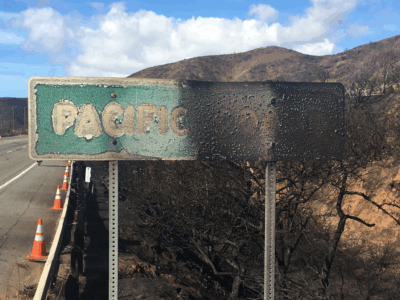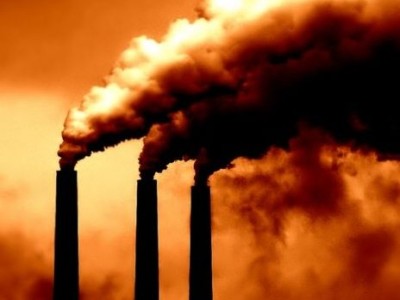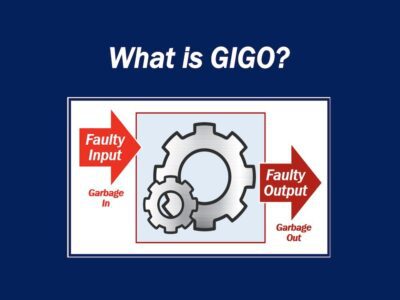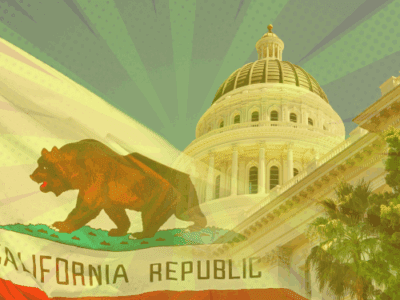General
Shortchanging the Environment While Making NEPA More Chaotic
Trump replaced a coherent set of rules governing the executive branch with a welter of agency-specific regulations.
In one of Trump’s first executive orders, he eliminated a centralized system that Jimmy Carter initially set up to issue regulations governing environmental impact statements. Instead, he called on each agency to issue its own regulations, which seems to have caused the predictable amount of confusion. There seems to be little rhyme or reason in the variations
CONTINUE READINGJefferson, Adams, and the Environment
The Founding Fathers were more environmentally aware than we give them credit for. Woke, even.
These writings don’t prove that either Jefferson or Adams was an “environmentalist” in the modern sense. But they do show an attitude toward nature that modern environmentalists would recognize. It wasn’t until the end of the 19th Century that the Sierra Club was founded, and environmentalism didn’t become a national force until the 1960s. But we tend to overlook just how deep the roots of environmentalism go in American history.
In that sense, environmentalism is as American as the Fourth of July.
What Have We Learned About Rebuilding from Fire?
Woolsey Fire survivors reflect on the rebuilding process and what might help rebuild more resiliently after the January fires.
When I first met Nicole Fisher in 2019, her property in the Santa Monica Mountains was nothing but a driveway and a pile of cement. I was interviewing the art teacher for a radio story about her family’s plans to rebuild after the 2018 Woolsey Fire that destroyed her home and hundreds of others in …
Continue reading “What Have We Learned About Rebuilding from Fire?”
CONTINUE READINGThe Emperor’s New Endangerment Theory (Part II)
To justify a decision not to regulate CO2 from power plants, EPA had to twist statutory language beyond all recognition.
According to EPA, carbon emissions from the U.S. power sector are too insignificant to warrant regulation. This is a bizarre conclusion: U.S. power sector’s emissions are around 6.5 billion tons, just below Russia’s total emissions from all sectors. To reach this conclusion, EPA has proposed a novel reading of the Clean Air Act. In EPA’s view, before it could regulate those emissions, it would first have to make a formal finding that they “cause or significantly contribute” to climate change, and (2) that this has to be judged on the basis of the sector’s percentage of total global carbon emissions. The statute doesn’t say either of those things.
CONTINUE READINGThe “Big Beautiful Bill” is One Damn Dirty Deal
The Drain is a weekly roundup of environmental and climate news from Legal Planet.
My family is about to take a road trip. Out our window we will see beaches, lakes, and a whole lot of public land that would be eligible to be sold off to developers and corporations under the recent version of a budget bill that Republicans want to rush through this week. Welcome to The …
Continue reading “The “Big Beautiful Bill” is One Damn Dirty Deal”
CONTINUE READINGClimate Adaptation Finance: Garbage In, Garbage Out
A new study reveals the hard truth about the lack of real adaptation data.
Today in Science, a new study delicately uses a lot of words to tell us something that many have long suspected: we really don’t know what in the world is going on. The study, by three scholars at Oxford University’s Environmental Change Institute, notes that pretty much all climate adaptation funds focus on inputs — how much has …
Continue reading “Climate Adaptation Finance: Garbage In, Garbage Out”
CONTINUE READINGCan Public Ownership Fix Our Electricity Woes? It’s Complicated
New UCLA report “Power Struggle: California’s Electric Utility Ownership Dilemma” by Sylvie Ashford, Mohit Chhabra, and Ruthie Lazenby
This post is co-authored by Sylvie Ashford and Mohit Chhabra. California’s investor-owned utilities (IOUs) are under intense scrutiny for causing deadly wildfires and charging some of the nation’s highest electricity rates. Adding to these challenges, IOUs are required to make significant clean energy and grid investments to achieve the state’s goal of a net zero …
Continue reading “Can Public Ownership Fix Our Electricity Woes? It’s Complicated”
CONTINUE READINGReclaiming Science, Democracy, and American Values
In This Moment, What Do We Say to Young People?
Like many in academia, I work and interact daily with people in their 20s. Unsurprisingly, they, as a group, are now confronting feelings of fear, uncertainty, anger, and displacement, embarking into a new reality. Long held American values are under vicious attack. Their future is at stake. So what should we counsel? Whether you believe …
Continue reading “Reclaiming Science, Democracy, and American Values”
CONTINUE READING(In?)sane With the Membrane
New developments in Deep Sea Desalination hold important promise for the freshwater crisis – and might require an amendment to Clarke’s Third Law.
The great speculative fiction writer Arthur C. Clarke’s Third Law reads: “Any sufficiently advanced technology is indistinguishable from magic.” This principle came to me the other day when considering this interesting Wall Street Journal piece on Deep Sea Desalination (which we can call DSD for short). Virtually alone among environmental law professors, I am a …
Continue reading “(In?)sane With the Membrane”
CONTINUE READINGThe California Legislature Halftime Report
In a year defined by affordability and climate crises, several bills aimed to alleviate pressures on both fronts are advancing in the Legislature.
Thank you for joining me for the California Legislature Halftime Report, it is an exciting time of change with many updates to share. A new Senate President pro Tempore was just selected. I’m pleased to share that it is Senator Monique Limón (District 21), who I am personally pleased about this because she is my …
Continue reading “The California Legislature Halftime Report”
CONTINUE READING













